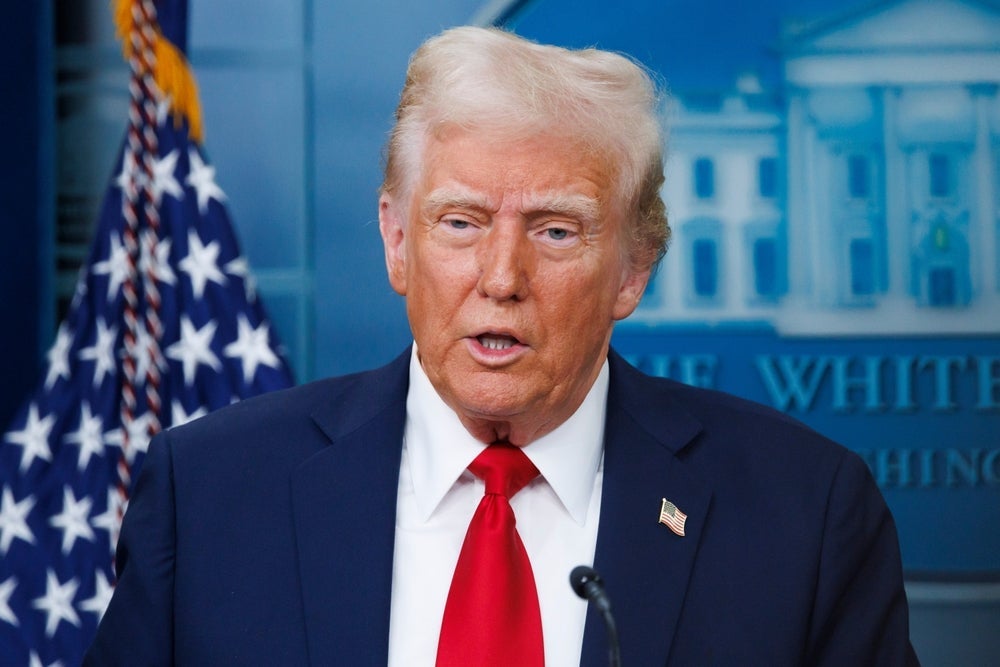
Stocks Rally as Court Blocks Trump's Tariffs
Court Ruling and Market Impact
A federal court ruling invalidated President Donald Trump's broad tariffs implemented under the International Economic Emergency Powers Act (IEEPA). The decision, which deemed the tariffs an overreach of executive authority, has sent ripples through financial markets. Key indices reacted positively, with the Nasdaq climbing 1.4% and the S&P 500 rising 0.8% in early trading. Investors interpreted the ruling as a potential de-escalation of global trade tensions, which had previously weighed heavily on market sentiment.
The Dow Jones Industrial Average showed a modest 0.1% increase, reflecting cautious optimism. Markets also responded favorably to the reduced likelihood of widespread retaliatory tariffs from trading partners, particularly China, Mexico, and Canada. While the ruling blocks a significant portion of Trump’s trade measures, sector-specific tariffs, such as those on steel and aluminum, remain intact, keeping some uncertainty in the market.
Details of the Tariff Ruling
The court's decision focused on the limits of the IEEPA, a law designed to allow the president to address national security threats through economic measures. The judges concluded that while the act grants the president authority to regulate financial transactions and impose sanctions, it does not explicitly provide the power to unilaterally impose tariffs.
The ruling invalidates broad tariffs targeting goods from key trading partners like China, citing that such measures exceeded the act’s intended scope. However, tariffs levied under other statutes, such as Section 232 of the Trade Expansion Act, which targets steel and aluminum imports on national security grounds, were not affected. These exemptions create a complex landscape for trade policy, as sector-specific tariffs remain legally enforceable.
Future Outlook and Investor Sentiments
The Trump administration has already filed an appeal against the ruling, leaving the ultimate fate of these tariffs uncertain. If the case progresses to the Supreme Court, it could set a precedent for future executive powers in trade policy. Analysts suggest that while the ruling temporarily eases trade tensions, it does not completely resolve broader issues surrounding U.S. trade relations.
Investor optimism remains cautious, as unresolved tariffs on key goods, particularly from China, continue to pose risks to global supply chains. Companies reliant on international trade may still face headwinds, dampening long-term growth prospects. However, the court’s decision is seen as a step toward re-establishing more predictable trade policies, potentially fostering a more stable investment environment in the future.
 Sources
Sources- 5 Things Know Stock Market Opens
 investopedia
investopedia - Goldman, Morgan Stanley Trump Deploy Tariff Tools
 yahoo
yahoo - Trump tariffs live updates: Goldman says court setback derail Trump's tariff plans
 yahoo
yahoo - Stocks climb court blocks Trump's tariffs
 abc
abc
- 5 Things Know Stock Market Opens
 investopedia
investopedia - Goldman, Morgan Stanley Trump Deploy Tariff Tools
 yahoo
yahoo - Trump tariffs live updates: Goldman says court setback derail Trump's tariff plans
 yahoo
yahoo - Stocks climb court blocks Trump's tariffs
 abc
abc




